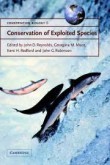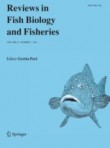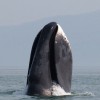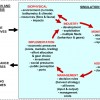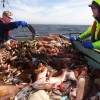The group’s research interests are in the broad area of quantitative ecology, with a focus on fisheries stock assessment and management. Our research covers conservation and management of fish, invertebrate and cetacean populations, mathematical modeling of renewable resources, biomathematics, and spatial and ecosystem modeling. The outcomes of our research feed directly into the federal and state management processes for fish and cetacean management, and include the development of methods and software for providing the scientific basis for sustainable management of fisheries. Core research in this area include developing novel stock assessment methods, particularly for invertebrate fisheries such as those for crab and prawns for which conventional methods are inappropriate, as well as developing approaches to conduct forecasts of fish populations, including those managed by the states of Alaska and Washington, under alternative conservation management strategies. The lab has been active in the development of the management strategy approach which is now considered state of the art for assisting decision makers select the tools and regulations which are most likely to achieve management goals. This method has been applied most recently to advise the Pacific Fishery Management Council regarding harvest strategies for Pacific sardine. We have pioneered the use of management strategy evaluation to address management uncertainty due to multispecies effects, both due to predation as well as bycatch, spatial structure, and stock structure. I am currently developing a ‘best practices’ guide for use by the US fishery management councils and internationally.
Our research is by its nature high interdisciplinary and our research projects entail collaborations across multiple research areas including mathematics, computer science, decision analysis, biology, and statistics.
Select Publications
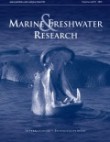
Punt, A.E., Campbell, R. & A.D.M. Smith. 2001. Evaluating empirical indicators and reference points for fisheries management: Application to the broadbill swordfish fishery off Eastern Australia. Mar. Freshwater Res. 52: 819-832.
